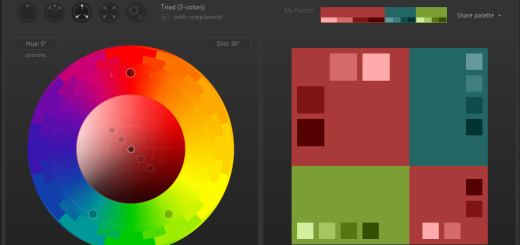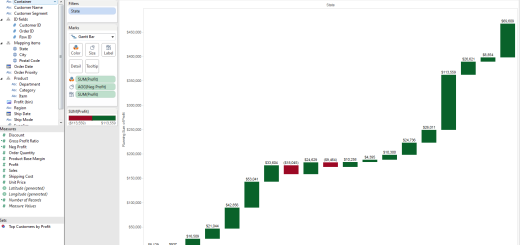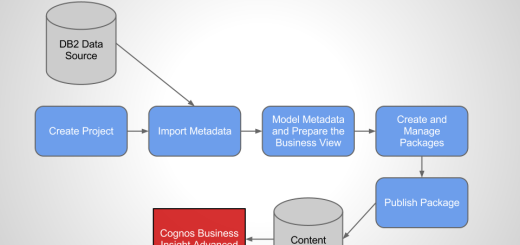Scorecard Vs Dashboard (Business Intelligence)
Scorecard (Business)
A statistical record used to measure achievement or progress toward a particular goal.
Scorecards Chart Progress Toward Objectives. The common perception of a scorecard, on the other hand, is that it displays periodic snapshots of performance associated with an organization’s strategic objectives and plans. It measures business activity at a summary level against predefined targets to see if performance is within acceptable ranges. Its selection of key performance indicators helps executives communicate strategy and focuses users on the highest priority tasks required to execute plans.
A true Balanced Scorecard should always include these components: Perspectives (groupings of high-level strategic areas), Objectives (verb-noun phrases pulled from a strategic plan), Measures (also called Metrics or Key Performance Indicators/KPIs), and Stoplight Indicators (red, yellow, or green symbols that provide an at-a-glance view of a Measure’s performance). These specific components help ensure that a Balanced Scorecard is inherently tied to the organization’s critical strategic needs.
A good ScoreCard has a balance of strategic, operational and problem-oriented metrics:
Strategic metrics track critical “must do’s” over the next 12-18 months. These “must do’s” arise out of your longer range strategic themes. Do you want to be #1 in product reliability? Or lead a market segment? If so, strategic metrics track these goals.
Operational metrics track key drivers of profitability, including revenues, margins, headcount growth, on-time delivery, product quality, and other “business basics”.
Problem-Oriented metrics address critical challenges facing your company. Do you have a problem collecting receivables? controlling costs in particular areas? You may want a metric that keeps this problem, and efforts at fixing it, visible.
Dashboard (Business)
A system record used to track KPIs, metrics, and other key data points relevant to a business, department or specific process
Dashboards Monitor and Measure Processes. The common industry perception is that a dashboard is more real-time in nature, like an automobile dashboard that lets drivers check their current speed, fuel level, and engine temperature at a glance. It follows that a dashboard is linked directly to systems that capture events as they happen and it warns users through alerts or exception notifications when performance against any number of metrics deviates from the norm.
Reference:




